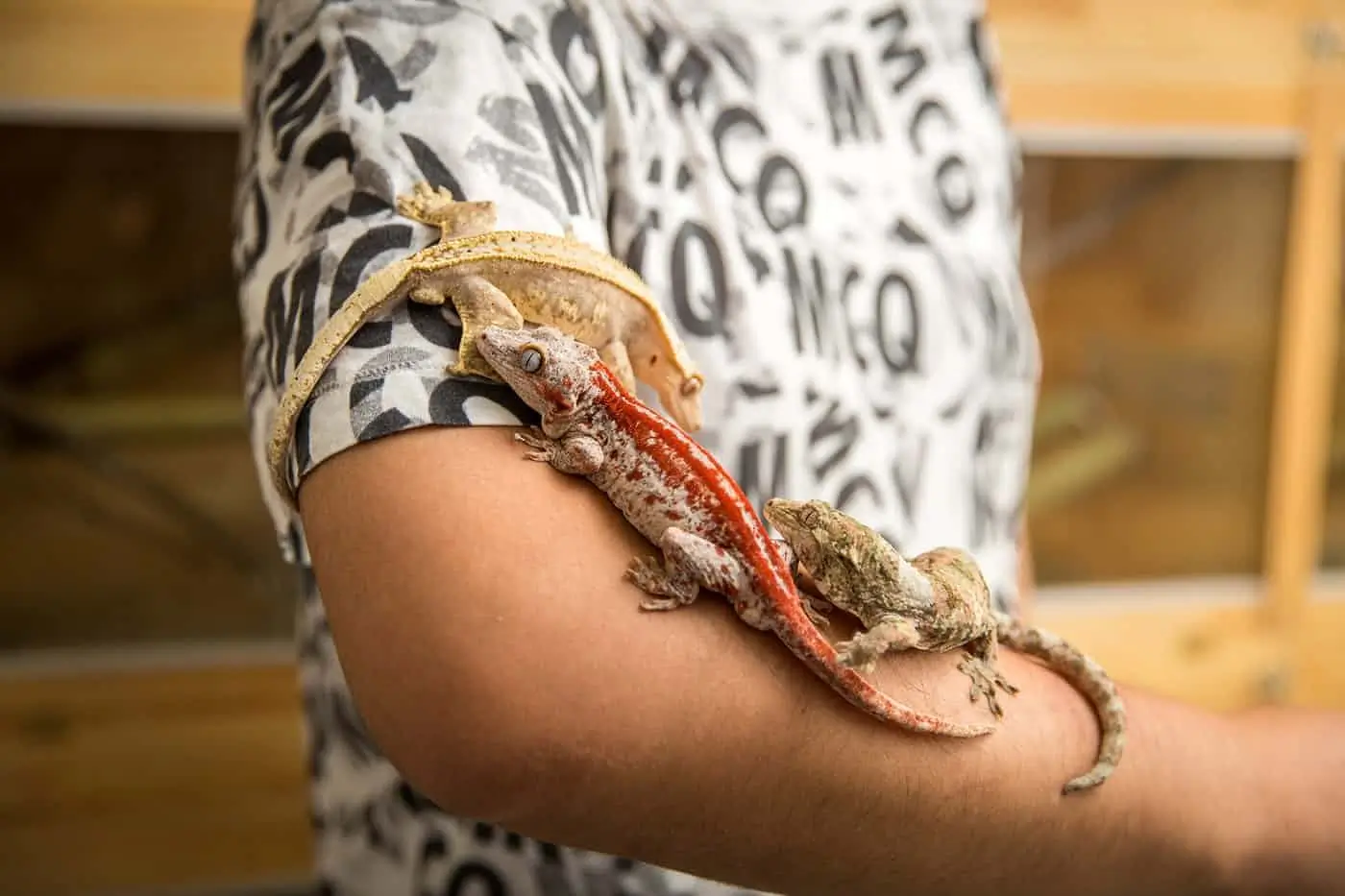Exotic Pet Insurance: Protecting Your Unique Companion

Owning an exotic pet brings joy and unique challenges. From parrots to reptiles, exotic pets require specialized care and attention, including veterinary services. Exotic pet insurance offers peace of mind and financial protection for owners of non-traditional pets, ensuring they receive the care they need when unexpected medical issues arise.
Understanding Exotic Pet Insurance
Exotic pet insurance covers medical expenses for a wide range of non-traditional pets, including birds, reptiles, amphibians, and small mammals. Unlike traditional pet insurance plans tailored for dogs and cats, exotic pet insurance addresses the unique healthcare needs of less common animals.
Key Features of Exotic Pet Insurance
- Accident and Illness Coverage: Comprehensive plans typically cover accidents, injuries, and illnesses, including diagnostic tests, treatments, and surgeries.
- Specialized Veterinary Care: Exotic pets often require specialized veterinary care from professionals with experience in handling non-traditional animals. Insurance helps cover the costs associated with these services.
- Emergency Care: Exotic pet insurance provides coverage for emergency medical treatments, ensuring prompt care during critical situations.
- Prescription Medications: Coverage extends to prescription medications necessary for treating various health conditions, including antibiotics, pain relievers, and anti-parasitic drugs.
Benefits of Exotic Pet Insurance
- Financial Protection: Reduces the financial burden of unexpected medical expenses, making specialized veterinary care more affordable.
- Access to Veterinary Specialists: Ensures access to veterinarians with expertise in exotic animal medicine, enhancing the quality of care for unique pets.
- Peace of Mind: Provides reassurance that you can provide necessary medical treatments and emergency care for your exotic pet without financial strain.
- Preventive Care: Some plans include coverage for routine and preventive care, such as annual check-ups, vaccinations, and parasite control.
Considerations When Choosing Exotic Pet Insurance
- Species Coverage: Ensure the insurance plan covers the specific species of exotic pet you own, as coverage may vary based on the type of animal.
- Exclusions: Review the policy carefully for exclusions, including pre-existing conditions, hereditary disorders, and certain treatments not covered by the plan.
- Provider Reputation: Research the reputation of insurance providers, including customer reviews, claim processing times, and availability of veterinary specialists.
- Cost: Compare premiums, deductibles, and coverage limits to find a plan that offers the best value for your exotic pet’s needs.
Choosing the Right Exotic Pet Insurance Plan
- Comprehensive Coverage: Look for plans that offer comprehensive coverage for accidents, illnesses, emergency care, and prescription medications.
- Species-Specific Coverage: Choose a plan that caters to the specific healthcare needs of your exotic pet species, considering factors such as lifespan, common health issues, and recommended treatments.
- Customizable Options: Select a plan with customizable options, allowing you to adjust coverage levels, deductibles, and co-pays to suit your budget and preferences.
- Emergency Care Services: Ensure the plan includes coverage for emergency veterinary services, including access to 24/7 helplines and emergency clinics.
- Provider Network: Verify that the insurance provider has a network of qualified veterinarians and specialists experienced in treating exotic pets.
Does Exotic Pet Insurance Cover Routine Care?
Exotic pet insurance from Nationwide does not cover routine care. Typically, pet wellness plans are designed to cover routine care expenses such as annual vet exams and vaccinations.
You might find wellness plans for routine care for exotic pets available as stand-alone options. For instance, Pet Assure’s “Mint Wellness” plan covers vet exam fees and other types of expenses for all kinds of pets, including exotics.
What Exotic Pet Insurance Doesn’t Cover
Common exclusions in exotic pet insurance policies include:
- Boarding or transport expenses.
- Breeding costs.
- Congenital or hereditary defects or diseases.
- Costs unrelated to veterinary care.
- Diseases preventable by vaccines.
- Elective procedures such as wing clipping and nail trims.
- Food and supplements, including vitamins.
- Orthodontics.
- Pre-existing conditions, which are injuries or illnesses that occurred before the policy started.
- Routine care, examinations, and vaccinations.
- Surgical removal of reproductive organs, and scent gland expression or removal.
Additionally, certain types of exotic pets are not covered, such as:
- Any species requiring a license, permit, or registration by federal or state law.
- Any species illegal to own by federal or state law.
- Endangered or threatened species.
- Hybrids of domesticated pets with wild/non-domesticated species.
- Species kept in flocks or on display.
- Venomous or poisonous species.
How Much Does Exotic Pet Insurance Cost?
According to Nationwide, exotic pet insurance generally costs less than $21 a month. The cost of your exotic pet insurance will depend on various factors such as:
- Type of pet.
- Annual coverage amount.
- Your location.
Is Pet Insurance for Exotic Animals Necessary?
While pet insurance for exotic animals isn’t necessary, it can be a valuable way to manage unexpected veterinary expenses. For example, if your pot-bellied pig ingests a foreign object, emergency surgery could cost thousands of dollars. Without pet insurance, these expenses would have to be paid out-of-pocket.
To determine if pet insurance is worth it, consider how a significant vet bill would impact your finances compared to the annual cost of an exotic pet insurance plan.
Exotic Pet Insurance Frequently Asked Questions (FAQs)
How much is Nationwide exotic pet insurance?
The cost varies but generally is under $21 a month.
How does exotic pet insurance work?
It helps cover unexpected veterinary expenses by reimbursing you for covered treatments after you pay the vet bill.
When should I buy exotic pet insurance?
It’s best to buy insurance early before any pre-existing conditions develop.
Do you need pet insurance for a rabbit?
While not necessary, it can help cover unexpected veterinary bills.
How much is exotic pet insurance for a reptile?
The cost will vary based on the type of reptile, coverage amount, and your location.



